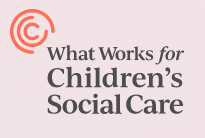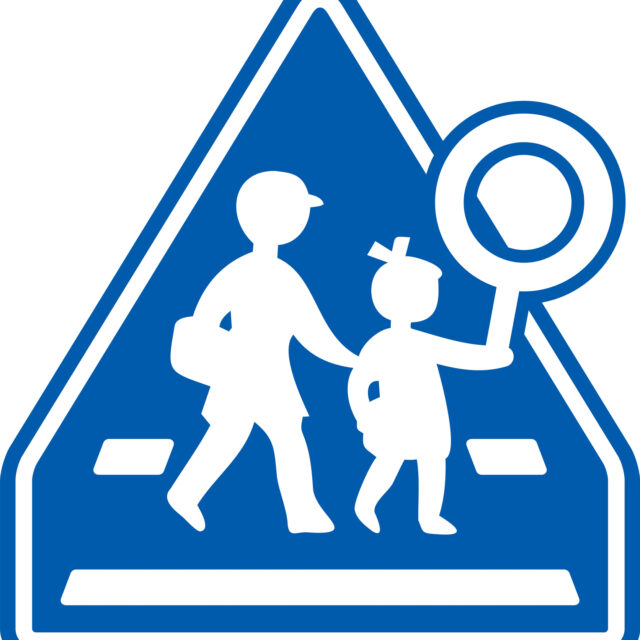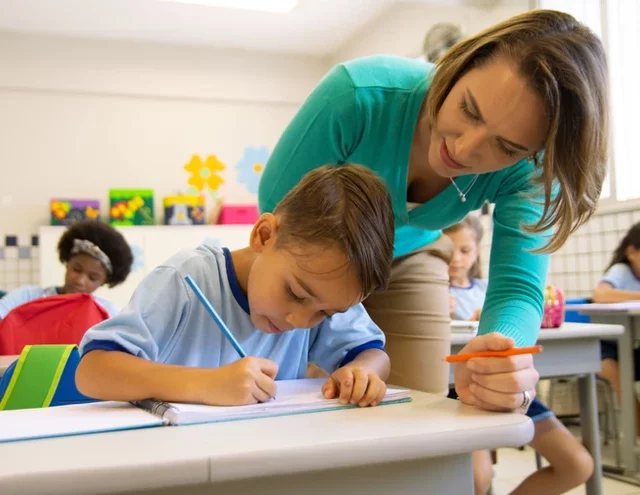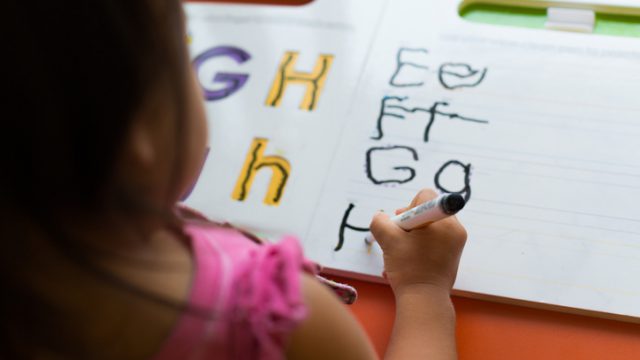Supervision for Designated Safeguarding Leads Scale-Up Evaluation
This study aims to establish the impact of providing supervision, delivered by a designated social worker, for Designated Safeguarding Leads (DSLs) in secondary schools. DSLs are responsible for child protection and safeguarding in schools. The role of DSLs can involve making dificult decisions about vulnerable children in often complex circumstances.
 Pub. Date
Pub. Date
27 April, 2023
 Pub. Type
Pub. Type

Main points
- The impact evaluation found no statistically significant impact of the programme on the primary outcome of contacts resulting in no further action. The analysis points to a lower rate of contacts leading to no further action (NFA) among treatment schools, but not to a statistically significant extent. The magnitude of this efect is smaller than the trial was designed to efect, and so an efect of this size would not have been found to be statistically significant.
- No statistically significant impacts were observed for the secondary outcome measures relating to contacts and referrals, namely total contacts made by schools, new referrals, new referrals leading to a Child in Need assessment, new referrals leading to a Child Protection enquiry and submission of Early Help plans.
- No statistically significant impact of the programme on DSL wellbeing was found. Efects on DSL wellbeing were considered using two scale measures: job-related anxiety-contentment and jobrelated depression-enthusiasm.
- The majority (86%) of schools in the treatment group had at least one supervision session, while 14% did not have any sessions. The IPE found that support provided to schools often went far beyond what is outlined in the intervention description, with SSWs ofering additional support, such as individual sessions to additional staf, group supervision and drop-in sessions. DSLs expressed strong support for potential wider rollout.
- DSLs interviewed found the supervision sessions useful, including having the time for reflection, receiving advice, developing new ideas, discussing complex cases or new types of cases, being signposted by the SSW to useful resources or local support organisations, learning from a social worker’s perspective, and discussing their own wellbeing.
- There were mixed findings on perceived impacts. Many DSLs interviewed reported that supervision had no impact on their practices, as they were already confident in their ability to perform the role and their knowledge, including about thresholds for referrals to children’s social care. At the same time, many DSLs described positive impacts, particularly by improving confidence in the role, their emotional wellbeing, practices around referrals and knowledge of thresholds, their support of families and children, and in bridging the gap between schools and social care.
- The cost to LAs of delivering the intervention was estimated at around £4,500 per school per year. As a substantial proportion of SSW time was typically used in delivering other activities, this is likely to be an overestimate of the true cost per school.

Funders













